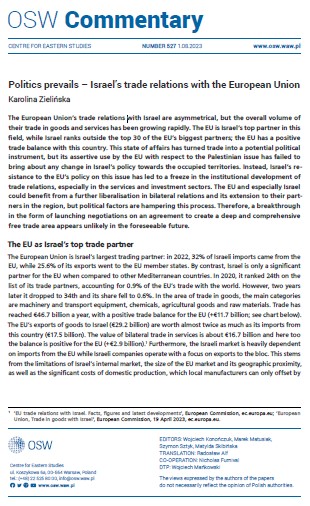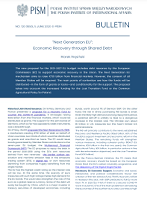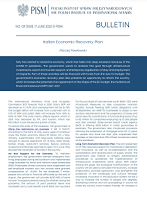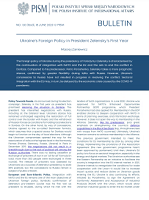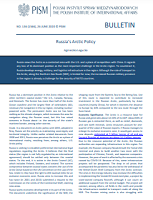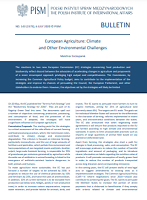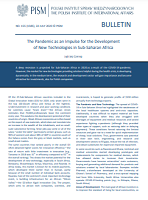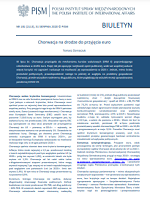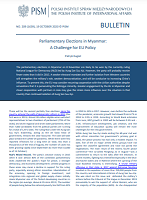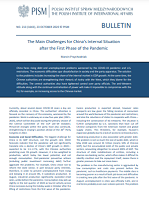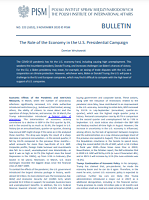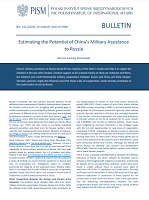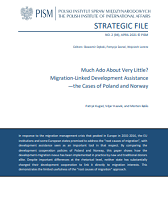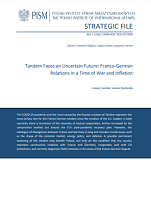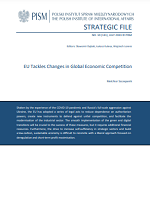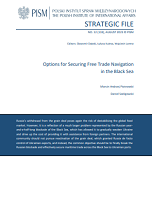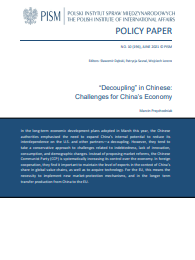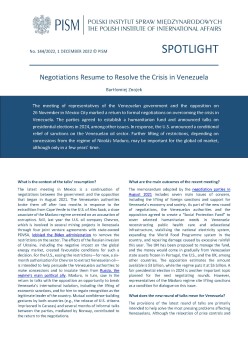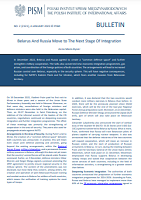
Russia Suspends the New START Treaty
Russia’s groundless suspension of the Russia-U.S. Treaty on Measures for the Further Reduction and Limitation of Strategic Offensive Arms (New START) is yet another attempt to intimidate the West with nuclear weapons. By threatening an arms race, Russia seeks to force concessions regarding Ukraine. It is unable, however, to gain meaningful strategic advantage over the U.S. in such a race. It would entail costs for both sides, but they would be more severe for Russia, which is much weaker economically and further weakened by war and sanctions.
More...
